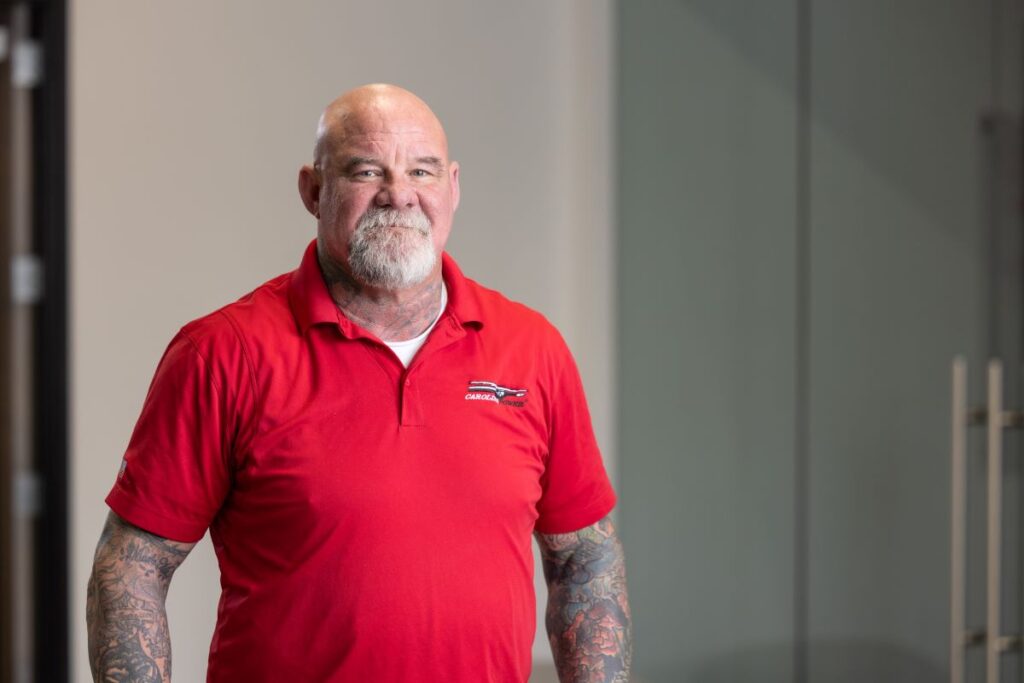3 Reasons You Need to Hire Veterans
The skilled workforce shortage in construction continues to put a strain on project deadlines and budgets. With a projected shortage of more than half a million workers per year, construction companies are looking for solutions to stock their teams with talent.
To begin filling the pipeline of workers, industry should consider one demographic as an ideal fit for the workforce — veterans.
Here are three reasons contractors should consider hiring veterans.
1. Many veterans already have the foundation of skills needed.
Besides dependability, dedication and problem-solving, many military members learn craft-specific skills that will help them succeed when transitioning to a civilian career. In fact, proficiencies acquired in the military are easily transferred over to construction training programs, meaning that some veterans can achieve journeyman status in two years.
To help match those areas of proficiency to recognizable civilian terminology, Build Your Future’s Hard Hat Heroes credentialing portal offers more than 100 alignments between military operational specialty codes and NCCER craft modules. Contractors can use these alignments to understand the skills that service members already possess, hire qualified veterans at the correct skill level and continue training where the military left off.
2. Veterans value teamwork.
Being part of a team means the success of the project depends on both individual and group productivity. Veterans understand that teamwork is essential for safe operations, as they have spent years working closely with their fellow military members.
Sean Ray, a veteran sonar technician in the United States Navy and current Director of Craft Workforce Development for Sundt Construction, likens the military camaraderie to that of brotherhood.
“I honestly and truly found that brotherhood feeling again,” Ray said of when he first got started in construction. “There were like-minded people, they were intelligent, willing to teach me, and I kind of fell right in.”
3. Leadership hierarchy is already familiar to veterans.
Self-confidence, decision making and responsibility are traits of an effective leader. The military installs the ability to absorb information, assess what actions to take, weigh risks, make decisions and accept responsibility.
In addition, the military trains personnel to lead by example, direction, delegation and inspiration. From knowing when to take orders to when to give them, veterans understand leadership hierarchy and have learned to manage behaviors for results.
Approximately 200,000 individuals leave the U.S. military yearly and transition to civilian life. These men and women have the skills the industry needs and the drive to be part of something bigger than themselves. Recruit and retain veterans and help them go from protecting America to building it.
Reprinted with permission from NCCER.
Photo provided by CarolinaPower.






